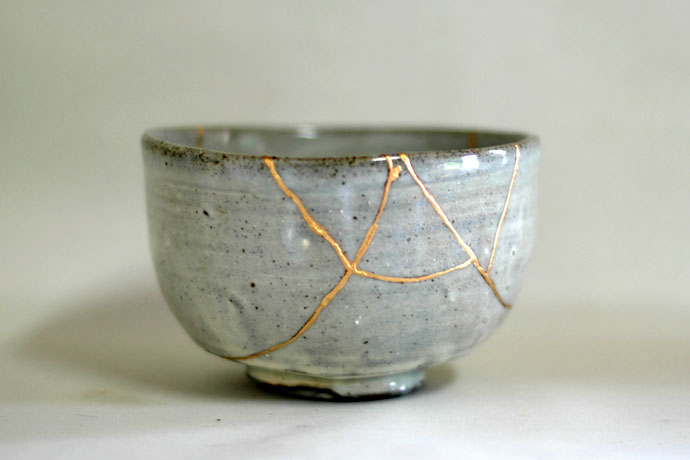|
trau·ma
/ˈtroumə,ˈtrômə/ noun 1. a deeply disturbing or distressing experience; a physical injury synonyms: wound, abrasion, damage, cut, laceration, lesion, contagion Trauma is a pretty loaded word these days… or so it seems in many of the realms in which I’ve been operating of late. In fact, I’m a little timid to write an entire post about it, for fear I might inadvertently “trigger” someone’s deep emotional pain and cause them to re-feel something they’ve tucked away. But, as I’ve had the satisfaction of hearing comedian, Kathy Griffin say, “If I’m not ‘triggering’ someone with something, I’m not doing my job!” So, here I go. I’ll just start with this: by the definition above, each and every one of us has experienced trauma in some form or another. Seriously, abrasion?!? I remember vividly the wide variety of rug burns and road rashes I’ve experienced in my 52 years. I remember the lurid gash on my right elbow that kept splitting and bleeding as I caught myself over and over while learning to navigate my bicycle over uneven terrain in the (heaven forbid!) asphalt playground of my childhood. I also remember the pride and sense of accomplishment that came along with success, not to mention the serious “cool” my scar conveyed when I showed it to my friends on the school bus. I also remember a wide variety of deeper, emotional hurts… the losses, the betrayals, the violence… I’ll spare you the gory details, let’s just say, “I get it, I really get it!” But, what I’m more curious about is why some professions/institutions seem to be so singularly focused on viewing trauma as a source of never-ending sorrow. This seems diametrically opposed to the classic, self-reliant bootstrap-pulling mantra of our culture-at-large (especially in light of its unrelenting violent nature and behavior), but also to the idea that we learn more about who we are, what we want, how we operate… in other words, our inherent and acquired strengths… by the way we not only survive, but thrive! What if we turn trauma on its head? What if we celebrate its transformative power and focus forward rather than backward? What if we just admit, life = trauma to varying degrees and concentrate on the serious “cool” that sharing our success stories and scars might convey? What if we spent more time working to reduce the sources of pain, sadness, betrayal, violence? I’ll leave you with this: what if we treated trauma like the Japanese potters who practiced the art of Kintsugi? Rather than disguise an item’s breakage, kintsugi restores the broken pot, bowl, container by incorporating the damage into the item’s aesthetic, making the damage a part of the object’s history. Kintsugi repairs the cracks/breaks with a lacquer resin mixed with powdered gold, silver, platinum, copper or bronze, resulting into something more beautiful than the original. Sounds, to me, much better than tiptoe-ing around brokenness and/or trying in vain to avoid it. Imagine going a few days without a drink of water.
Go ahead...let that imagery and feeling set in. Now...imagine your community or organization going a few years without the exchange of rites, rituals or celebrations. Before you know it everybody is working in hardened silos and your business is devoid of culture. The import of knowledge transfer and its impact on sustaining culture is easily lost in the short-term focus devoted to yesterday and today. Tomorrow is the driver of the concern and durability that we invest in today. The arising resiliency and innovative power of teams and organizations connected via shared culture are the fruits by which those who follow will enjoy, nurture and provide to those who are but a hopeful vision of our energies. |
Author(s)Blair & Fell expounding, thinking, sharing, hoping, wondering. Archives
April 2022
Categories |



 RSS Feed
RSS Feed